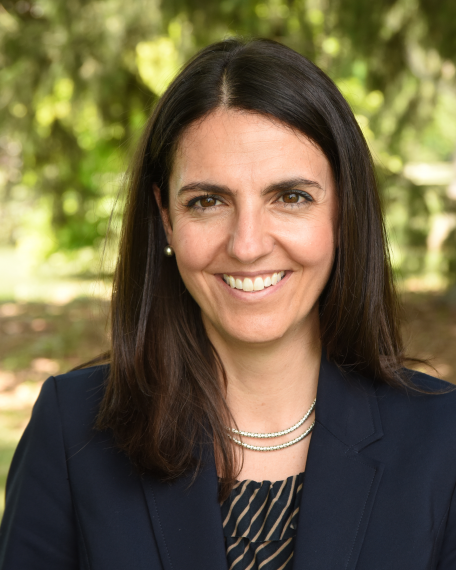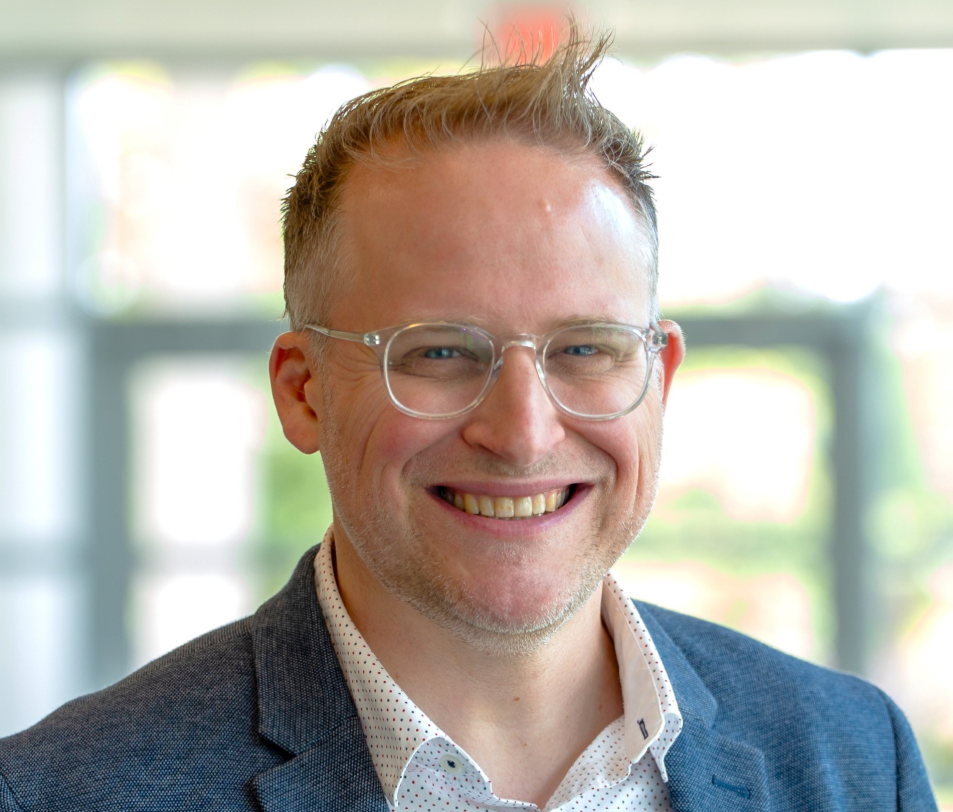
The Fourth Annual Healthy Cities Virtual Conference
November 12-13th, 2025
Session 4 – Nov 13th
| Building for the Future: Strategies for Scaling Change |
|---|
| 12:00 pm-1:00 pm EST |
About the Session
This opening session will focus on scaling solutions and mobilizing people are at the heart of creating healthier, more sustainable cities. This session brings together diverse perspectives on how scaling can take shape, from investing locally to driving broader systems change. Dr. Audrey Jamal will highlight the importance of scaling in place, where communities build capacity and invest in themselves rather than relying on large multinational companies.
David will offer a complementary perspective, drawing on his experience advancing large-scale systems change in the construction sector. His work emphasizes building alliances and aligning decarbonization goals with business motivations, while navigating challenges such as shifting policy environments and the need to demonstrate quick progress to maintain engagement. He also explores the social and cultural factors that support or impede change, highlighting how prestige, reputation, and FOMO can encourage companies to move beyond minimum standards and join industry leaders.
Together, these perspectives will spark dialogue on the opportunities and challenges of scaling change at both local and global levels, and how these approaches can work in tandem to build the future of healthy cities.
Guest Speakers

Dr. Audrey Jamal
Dr. Audrey Jamal is an Assistant Professor in the Department of Management and the Assistant Dean (Strategic Partnerships and Societal Impact) in the Gordon S. Lang School of Business and Economics. She teaches graduate and undergraduate courses in sustainability, entrepreneurship and nonprofit leadership.
Dr. Jamal is a community-engaged researcher. Her research focuses on the role of community engagement in advancing local economic development. Her research is framed through a community wealth building lens and explores social and community finance, downtown revitalization and economic renewal, and community-led economic development strategies. Dr. Jamal collaborates with a range of partners on research related to place-based strategies to build more sustainable and equitable economies. Collaborators include: Shorefast, Community Foundations of Canada, the Canadian Urban Institute, Social Innovation Canada and 10 Carden Shared Spaces.
She earned her Ph.D. (Urban Planning) from the University of Waterloo and holds a M.A. (Conflict Analysis and Management) from Royal Roads University.
Prior to joining Lang, Dr. Jamal served as the Chief of Staff in the Office of the President at the University of Guelph. In this role, she was focused on advancing campus-wide sustainability initiatives and U of G earned the prestigious Gold rating through the Sustainability Tracking and Rating System (STARS) program. She has previously held executive roles in the not-for-profit sector and has a background in project management, fundraising and community engagement.
Dr. Jamal currently sits on the Board of Directors for the Guelph General Hospital.
David Messer
David Messer is Executive Director of the Climate Smart Buildings Alliance (CSBA or “Caz-Bah”), a joint initiative of 11 leading organization in the building sector including EllisDon, RBC, Mattamy Homes, AtkinsRealis, Wesgroup, Dialog, PCL and CIBC aimed at leading and accelerating the transition to net-zero in the buildings sector. David was previously part of the team and then Executive Director of the Guelph Smart Cities Office where he led two major circular economy initiatives, Our Food Future – which aimed to build a regional circular food economy, and COIL, a circular economy business accelerator that worked with over 130 companies across Canada. David has a long history of working on policy and systems change as part of the Governments of Ontario and Alberta, within industry associations and as a consultant in the private sector.
As the leader (and until recently only employee) of CSBA, David is driving seven targeted initiatives aimed at driving systems level change in the buildings sector. These include launching the Responsible Buildings Pact, a cross-industry governance framework aimed at ensuring the consistent consideration and use of lower-carbon materials wherever they make sense. Since launching in June 2024, 47 of Canada’s leading developers, architects, structural engineers and general contractors have joined the Pact. He is also working with 40 organizations on a pilot to reduce insurance costs for mass timber (a major barrier), with Hydro Ottawa and about 17 financial organizations on a pilot to improve financing for retrofits of commercial buildings, and Canada’s National Research Council to stand up a living lab to optimize building design for lifetime cost and carbon.s.

